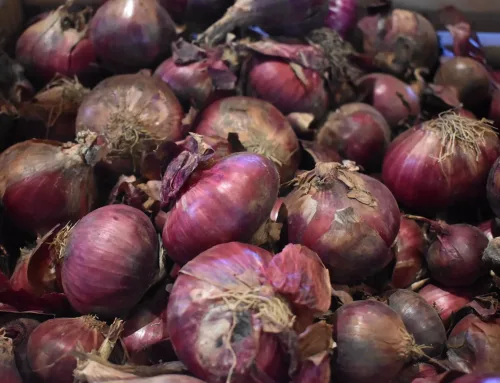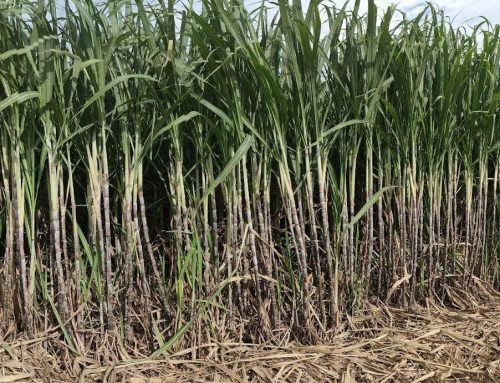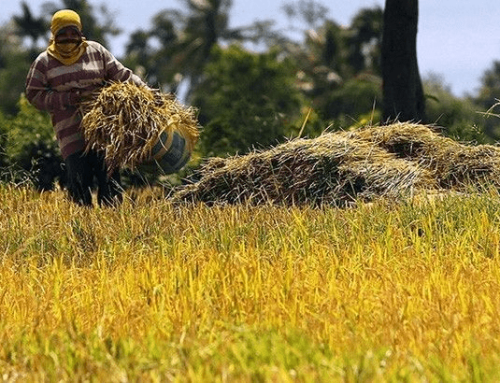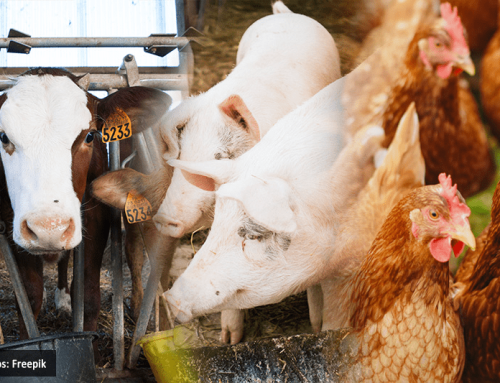In this Article
Explore the latest updates on the Philippines’ livestock industry: production shifts, increased meat imports, price trends, and the emerging Q fever risk affecting health and market dynamics.

Declining Local Production
The Philippine Statistics Authority’s (PSA) latest data on the country’s livestock production reported a slight movement for the first quarters (Q1) of 2024 when compared to data recorded in the same period last year. Carabao production slightly increased from 28,310.87 metric tons (MT) in Q1 of 2023 to 28,583.86 MT in Q1 of 2024, and cattle production also slightly rose from 53,885.49 MT to 54,057.91 MT. Conversely, hog production decreased from 437,993.03 MT to 419,369.34 MT primarily due to the ongoing impact of African Swine Fever (ASF), while goat production fell from 14,935.06 MT to 14,319.29 MT due to the effects of El Niño.
Projected Increase of Meat Imports
Amid the observed decline in local livestock production, President Ferdinand Marcos Jr. extended the lower tariffs on imported meat products to stabilize meat prices in markets until the end of 2024. He pushed the implementation of Executive Order 50, which maintains the temporary modification of rates of import duty on rice, corn and meat products to ensure affordable prices of the goods due to the effects of El Niño and the African Swine Fever (ASF). This extension of lower tariffs on imported meat aims to stabilize market prices, but it may increase competition for local farmers, potentially reducing their market share and income. Farmers may need to adopt more resilient strategies and seek government support to mitigate these challenges.
On June 27, 2024, the United Nations’ Food and Agriculture Organization (FAO) reported their projected increase in the Philippines’ meat imports driven by lower tariffs, attracting more foreign supplies to meet the growing demand for cheaper meat products. According to FAO, the country’s total meat imports are expected to increase by 4.31% from last year’s 1.045 million MT to 1.09 million MT in 2024. Specifically, FAO noted that pork imports are expected to slightly increase by 1.29% from 388,000 MT in 2023 to 393,000 MT in 2024, while bovine meat imports are projected to increase by 27.60% from 192,000 MT in the previous year to 245,000 MT this year.
Price Trends in Meat Products
On June 28, 2024, PSA released the latest data on retail livestock meat products prices for June 2024 and revealed increasing prices of both beef and pork products. The price of pork with bones increased by 6.67% from Php 286.40 per kilogram (kg) in 2023 to Php 305.30 per kg in 2024, while the price of pork kasim slightly increased by 2.27% from Php 330.52 per kg in 2023 to Php 338.01 per kg in 2024. Beef prices also showed an increasing trend wherein the price of beef with bones slightly increased by 1.79% from Php 341.06 per kg in 2023 to Php 347.18 per kg in 2024. The price of pure beef meat also slightly increased by 5.08% from Php 402.75 per kg in 2023 to Php 423.20 per kg in 2024.
The increasing prices of beef and pork products present opportunities for farmers to potentially increase their revenues and invest in their operations. However, they need to carefully manage costs, consider market dynamics, and plan for potential risks to fully capitalize on these opportunities.
Detection of Q Fever Among Imported Live Goats
On June 23, 2024, the Department of Agriculture (DA) and Bureau of Animal Industry (BAI) reported that 19 out of 94 goats tested positive for Q fever, prompting immediate depopulation measures in Sta. Cruz, Marinduque and Pampanga. Agriculture Secretary Francisco Tiu Laurel Jr. swiftly imposed a temporary ban on the importation of live goats from the United States (US) and initiated a review of BAI’s quarantine protocols. The DA emphasized public health precautions, advising against consuming raw goat meat to mitigate zoonotic risks. Concurrently, on June 25, 2024, Dr. Rontgene Solante of the Philippine College of Physicians urged livestock handlers to wear protective gear due to Q fever’s transmission potential via animal fluids.
Across regions, heightened surveillance includes Western Visayas declaring a full-alert status on June 25, 2024, to safeguard its significant goat population. As investigations proceed into the importation process and potential liabilities, DA-Western Visayas underscores rigorous biosecurity and diagnostic readiness. Meanwhile, the Department of Health (DOH) advises vigilance against animal contact and immediate medical consultation for suspected exposures. This coordinated response aims to mitigate further spread and emphasizes the need for improved biosecurity measures in safeguarding both animal health and public safety amidst the Q fever threat in the country.
With stringent measures in place and a temporary ban on US goat imports, local producers may face reduced competition in the market. Farmers are advised to adhere strictly to biosecurity protocols to maintain the health of their herds and reassure consumers of the safety of locally sourced goat products. This proactive approach is crucial for sustaining consumer trust and market stability amid ongoing efforts to contain and manage Q fever outbreaks.
References: Arcalas, J.E. (2024, June 26). Meat imports to further rise this year. The Philippine Star. Retrieved June 26, 2024 from https://www.philstar.com/business/2024/06/17/2363329/meat-imports-further-rise-year
Cabrera, R. (2024, June 23). Q fever a serious threat to agri-industry – DA. The Philippine Star. Retrieved June 24, 2024 from https://www.philstar.com/headlines/2024/06/23/2364881/q-fever-serious-threat-agri-industry-da
Cariaso, B. (2024, June 27). DA bans importation of live goats from US. The Philippine Star. Retrieved June 27, 204 from https://www.philstar.com/nation/2024/06/27/2365903/da-bans-importation-live-goats-us
Lozada, C. (2024, June 24). Western Visayas on high alert vs. Q fever cases. Manila Standard. Retrieved June 24, 2024 from https://manilastandard.net/news/314463528/western-visayas-on-high-alert-vs-q-fever-cases.html
Macapagal, J. (2024, June 24). BAI assures spread of Q fever under control. Malaya Business Insight. Retrieved June 24, 2024 from https://malaya.com.ph/news_business/bai-assures-spread-of-q-fever-under-control/
Pelonia, A. (2024, June 24). ‘First border inspection will protect PHL animals’. Business Mirror. Retrieved June 24, 2024 from https://businessmirror.com.ph/2024/06/24/first-border-inspection-will-protect-phl-animals/
PSA (2024, June 26). Livestock: Volume of Production by Animal Type, Region and by Quarter, 2000-2024. OpenStat. Retrieved June 28, 2024 from https://openstat.psa.gov.ph/PXWeb/pxweb/en/DB/DB__2E__LP__PDN/0012E4FPLS0.px/?rxid=bdf9d8da-96f1-4100-ae09-18cb3eaeb313
Villanueva, R. (2024, June 25). Farmers told to wear protection when handling goats, cattle. The Philippine Star. Retrieved June 25, 2024 from https://www.philstar.com/nation/2024/06/25/2365400/farmers-told-wear-protection-when-handling-goats-cattle








